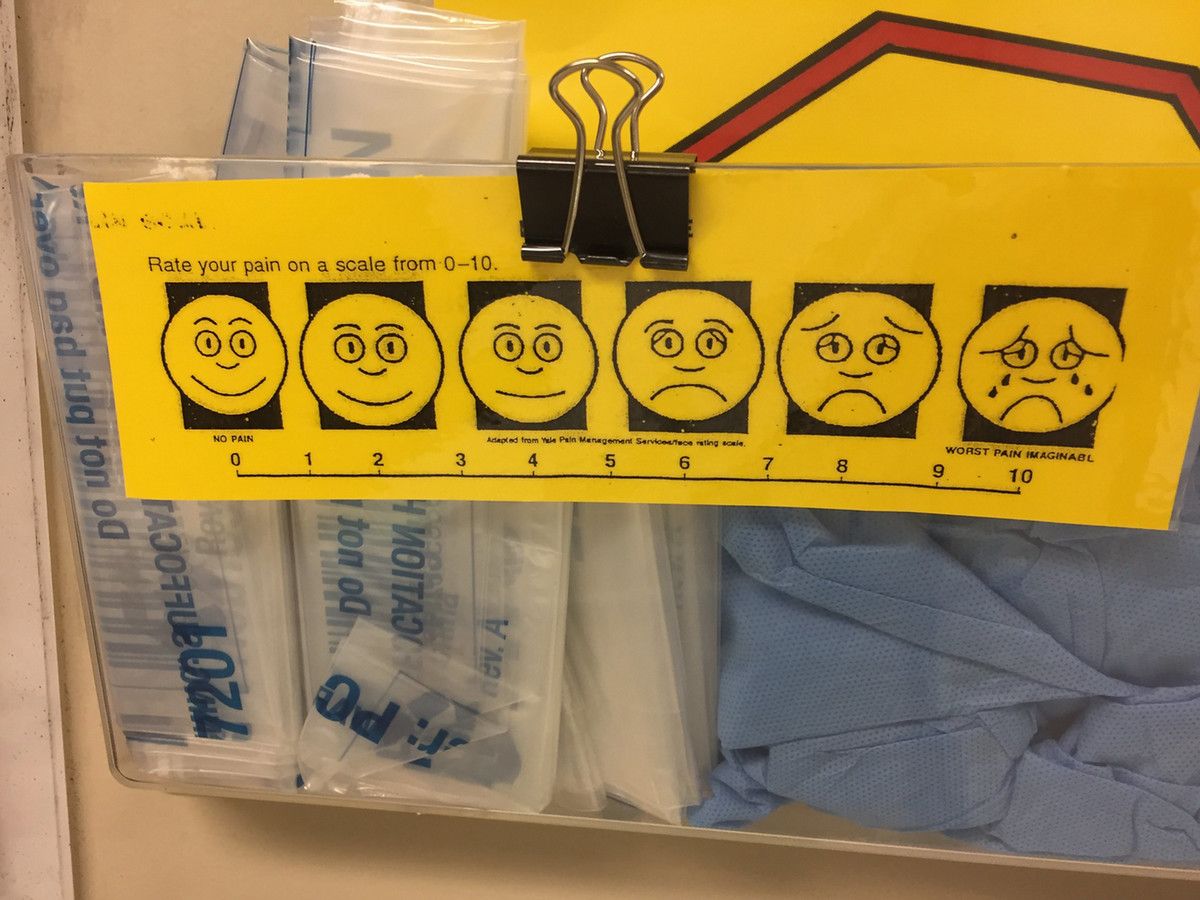(BUMP SOUND)
Y: What was that sound? Are you okay, Don?
D: Don’t worry, I just bumped into the corner of my desk. I’m fine.
Y: From the way you’re grimacing, I’m not convinced.
D: It’s nothing I can’t handle. Hey, that reminds me: did you know it’s possible to have a gene mutation that really does make bumping into furniture or even getting surgery totally painless?
Y: I did hear that scientists found a woman who apparently doesn’t feel any pain.
D: She didn’t realize she was different until her mid-sixties, when doctors noticed she didn’t feel pain after medical issues, and surgeries that should have been very painful. The woman also reported she’d never needed painkillers, and often didn’t notice getting cuts or burns. She reported never feeling fear or anxiety, and said that her wounds always healed quickly. Her mutation has to do with the F-A-A-H gene—aka the FAAH gene— which is key to pain sensation, mood, and memory. Mice that don’t have this gene feel less pain and anxiety, and their wounds heal faster. This woman’s mutation is in an apparently related gene called FAAH-OUT, which researchers previously thought didn’t do much of anything. Now it seems that it affects expression of the FAAH gene, and studying it can help scientists develop better ways to treat pain, anxiety, and even help wounds heal. It’s very possible there are more people out there with this mutation who don’t realize it.
Y You don’t think you’re one of them, do you?
D: No, I’m just trying to be tough.










